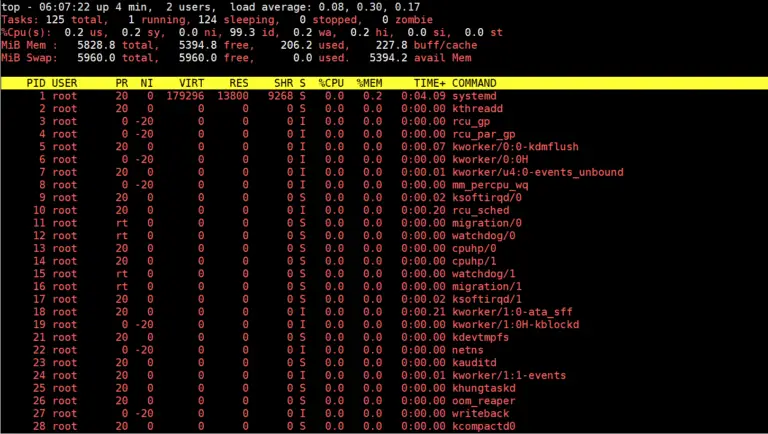

Here, echo command is used just for a return after the output.

$ date +%s | md5sum | head -c 10 echoĬ398d742c4 $ date | sha256sum | head -c 8 echo So, in the above commands, if we pipe the output further into “head -c 10” command, then it will generate only 10 characters of output. But with -c option, it can be used to display first few characters. The head command prints out first few lines (10 by default) of a file. Here, instead of using “md5sum”, “sha256sum” or “sha512sum” can also be used to generate 256 or 512 bit output. the output of the left command becomes the input of the right command. The pipe symbol, “|” is used to chain the commands, i.e. With +%s, it displays total number of seconds passed since January 01, 1970: $ date +%sīoth of these commands can be used as input to 'md5sum' command, which creates 128 bit checksum(and we know that this checksum looks quite random). So, first of all, let's have a look at the output of the date command: $ date

As we know that time keeps on changing, so we use this changing data to create random passwords. The date command prints out date and time of the day. Linux has a powerful way of chaining commands together that we will use here to generate random data. How can we generate this random data (or passwords in our case) on Linux? This can be done in a number of ways.
Pwgen command line linux how to#
In the following tutorial, you will learn how to install the latest OpenJDK 17 LTS on Ubuntu 20.04 LTS Focal Fossa.You may have noted that often when you create an account on some website, you are provided with a random password or something need to generate random string in bash. Other differences are release schedules and other factors that come into play however, performance is pretty much the same.
Pwgen command line linux code#
OpenJDK is an entirely free open-source Java with a GNU General Public License, and Oracle JDK requires a commercial license under the Oracle Binary Code License Agreement. The difference between these two is licensing. The tutorial will look at installing the OpenJDK version instead of the default Oracle JDK. It is widely used for developing Java applications in laptops, data centers, game consoles, scientific supercomputers, cell phones, etc. Java is also fast, secure, and reliable, therefore. Java is a general-purpose, class-based, object-oriented multipurpose programming language that is popular due to the design of having lesser implementation dependencies, meaning that the compiled Java code can be run on all platforms that support Java without the need for recompilation.


 0 kommentar(er)
0 kommentar(er)
